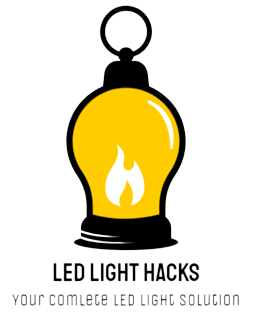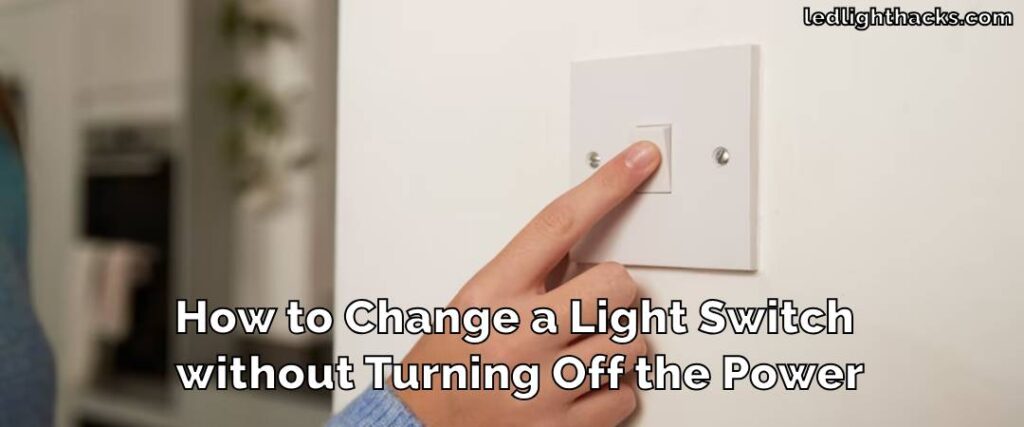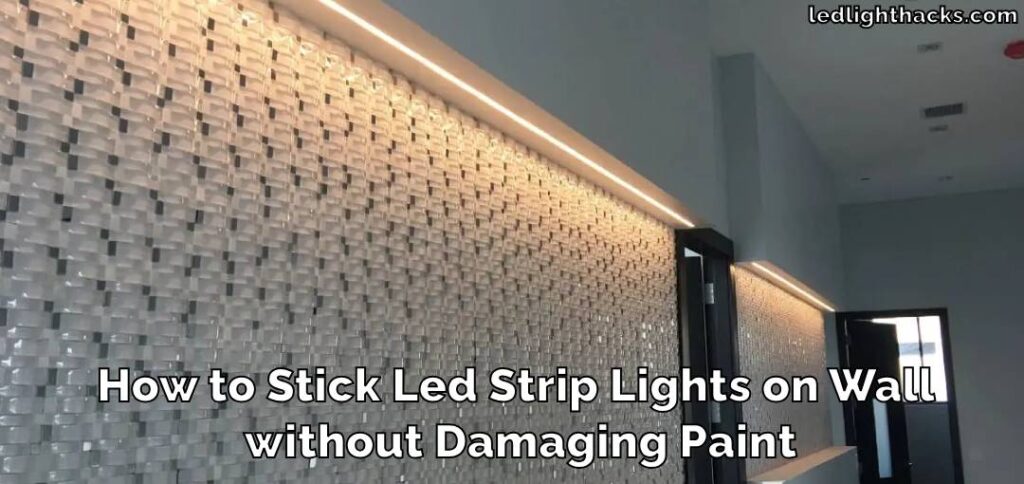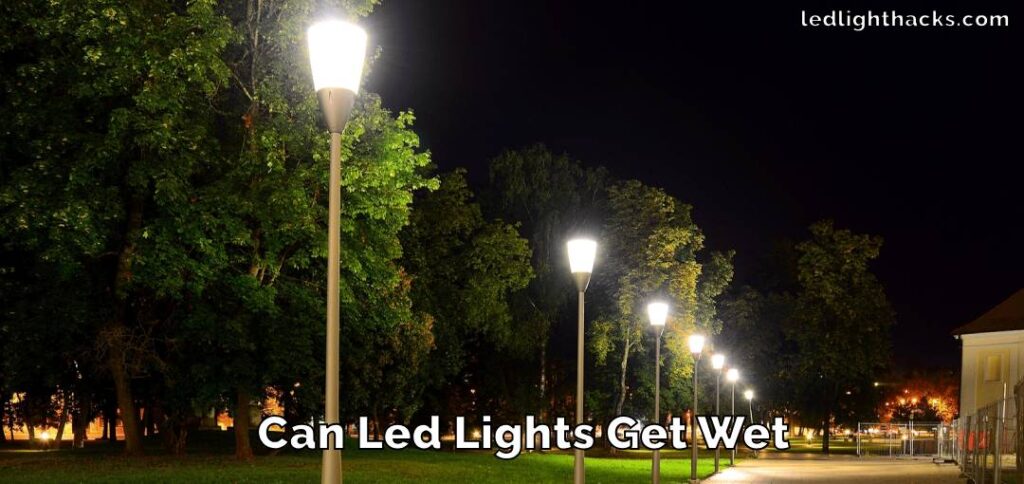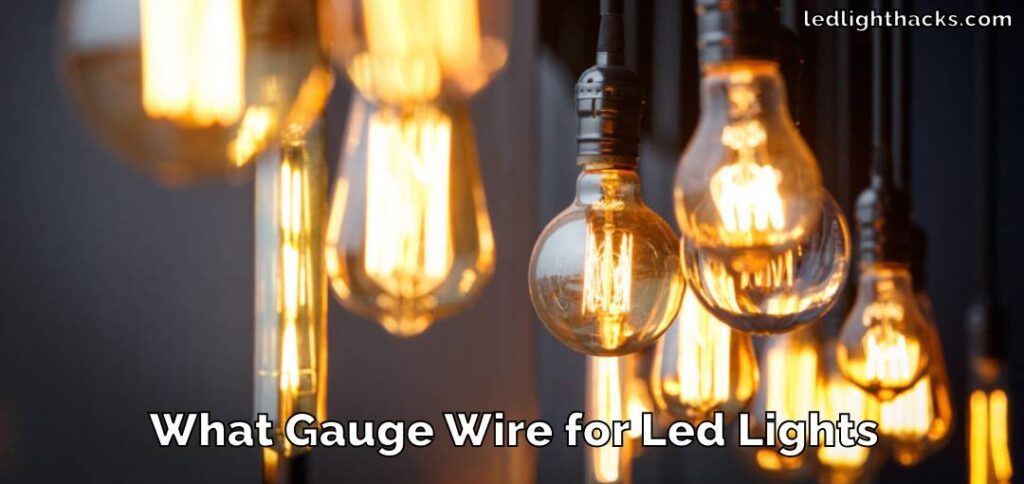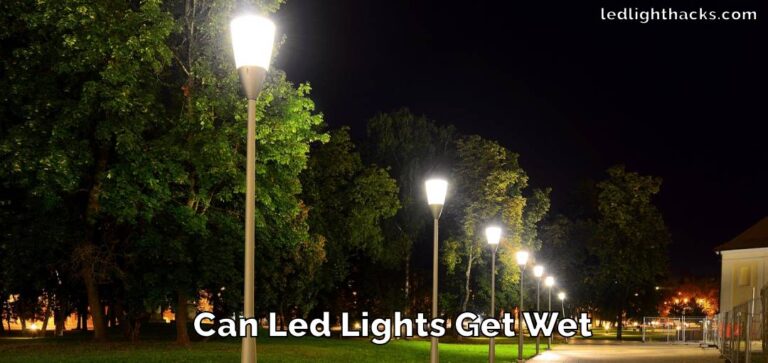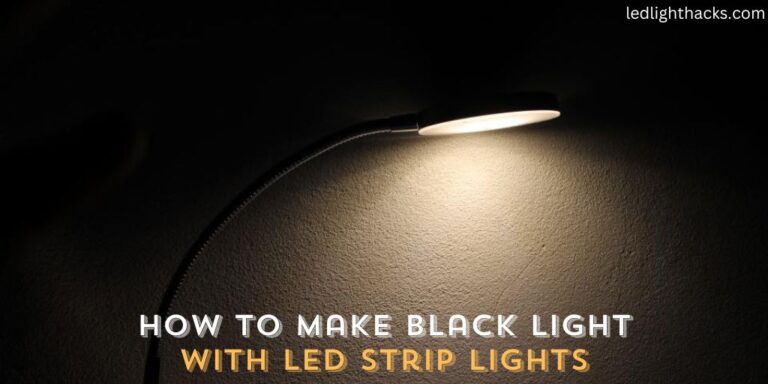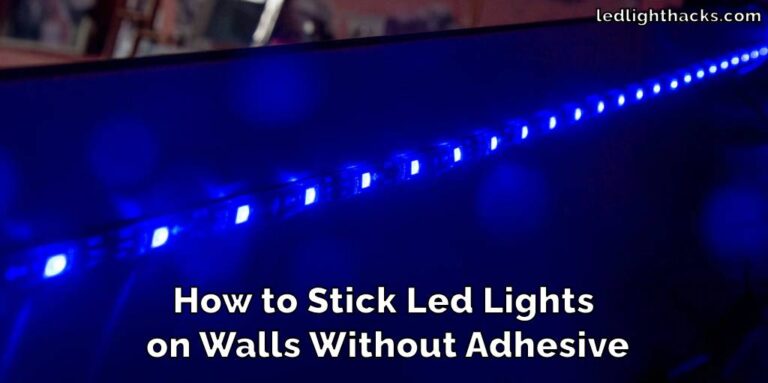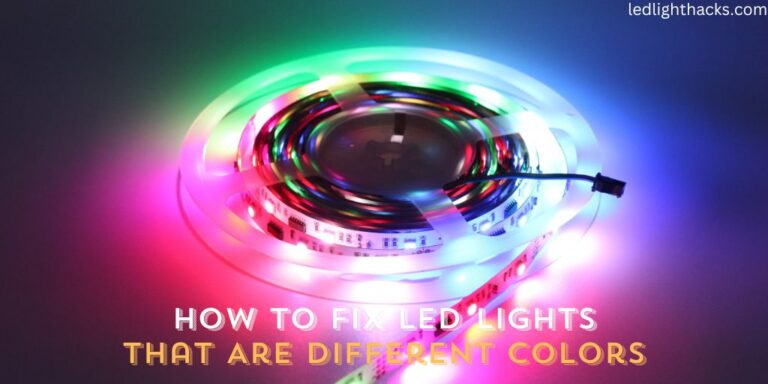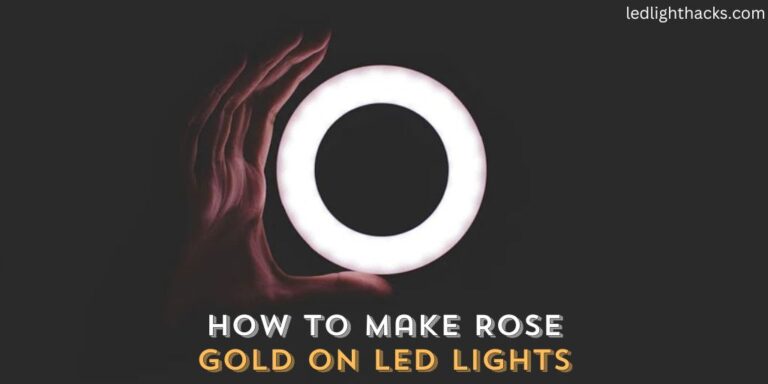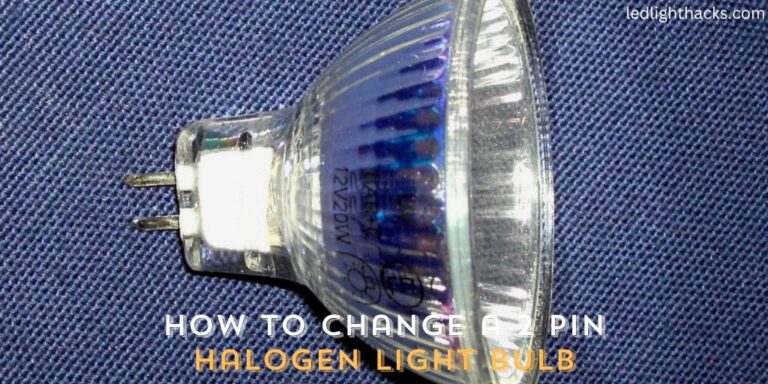Can Solar Lights Catch Fire
Solar garden lights are your go-to pal for lighting up your backyard oasis while keeping your electric bill on the down low, all thanks to the power harnessed from the sun. Beyond just casting a welcoming glow over your outdoor space, it’s essential to prioritize safety, ensure they’re a breeze to maintain, and keep up with the ever-evolving tech scene in solar lighting.
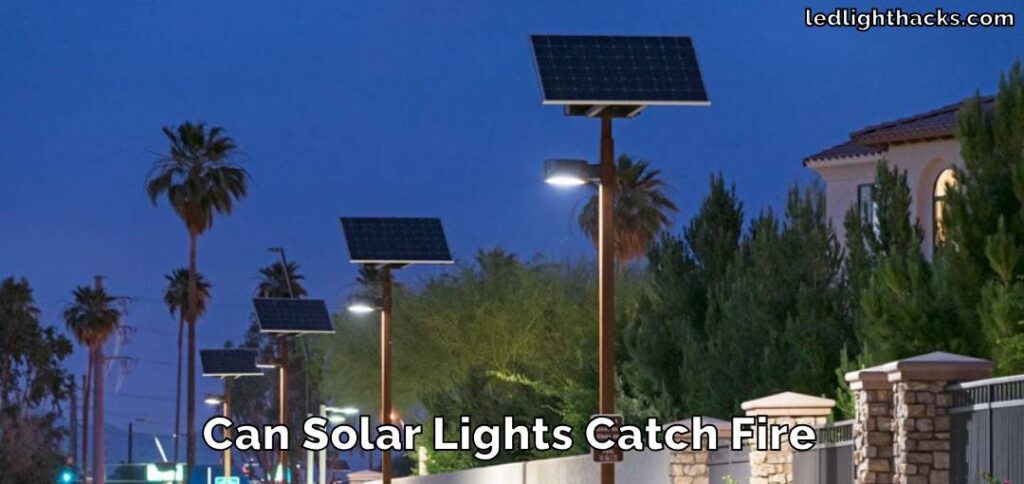
Putting safety at the forefront means strategically placing these lights to prevent any untimely mishaps. A regular once-over and a quick clean can keep them beaming strong.
And when we talk about technology, it’s moving at a brisk pace, delivering lights that are not only more efficient but also pack a punch in terms of brightness. Plus, we’re now seeing models you can tweak right from your smartphone.
Can Solar Lights Catch Fire
Yes, solar lights can catch fire, but it’s very rare. This can happen if there are defects with the battery or electrical components, or if they are exposed to extreme conditions. However, with proper maintenance and by choosing quality products, the risk can be minimized.
Particularly those with LED bulbs, are a stellar choice. LED lights, known for their energy efficiency, are making waves in outdoor lights, leaving traditional bulbs like incandescent and halogen lights in the dark.
The types of LED lights, along with their various bulb types, such as solar post lights, outdoor string lights, solar deck lights, and solar string lights, offer a buffet of options for any lighting aficionado.
One can’t ignore the heart of these devices—the batteries. With advancements in lithium-ion and solar batteries, backed by smart technology like battery charge controllers and safety standards, these lights are more reliable than ever.
This reliability extends to the internal components too, safeguarding against faulty wiring and the dreaded wet conditions that could lead to electric shock or direct contact hazards.
Moreover, the innovation doesn’t stop with safety. The application of smart bulbs and LED strip lights transforms your garden into a stage, with the ability to adjust light levels, switch colors, and even set timers, all from the convenience of your smartphone.
When it comes to battery tech, the shift from traditional lead-acid to server rack batteries and the emphasis on battery voltage and parameters show the lengths gone to ensure safety, efficiency, and longevity.
In essence, solar garden lights are not just about lighting up your space. They’re about adopting a smarter, safer, and more aesthetically pleasing approach to outdoor lighting. With built-in safety features, adherence to applicable safety regulations, and a keen eye for technological advancements, they offer a perfect replacement for traditional lighting sources.
Plus, with battery warranties and the push towards more sustainable options like solar-generated electricity, they represent a beacon for eco-conscious illumination.
By welcoming these solar champions into your garden, you’re not just choosing a beautiful lighting solution. You’re opting for a safer, more energy-efficient, and technologically savvy way to light up the night.
With the assurance of battery cells, battery controllers, and the mindful selection of bulb types and battery slots, you’re ensuring that your garden is not only illuminated but is also a testament to the beauty and resilience of smart, sustainable living.
So, let’s celebrate the brighter lighting sources that solar lights offer, making our outdoor gatherings and quiet evenings alike shine a little brighter.
Common Causes of Solar Light Fires
When it comes to keeping your solar lights safe and glowing, paying attention to a few key areas can make all the difference.
Battery-Related Issues
Batteries are the heart of your solar lights, storing sunlight as energy for when the sun goes down. But when they’re damaged or fail, they can become a hazard. Look out for signs like the light not lasting as long as it used to or not turning on at all.

These can hint at battery problems. Handling batteries safely means never tossing them in the trash (they’re recyclable!) and swapping them out carefully when they wear out. Always use the right type and size of battery for your solar light to prevent mishaps.
Solar Panel Damages
The solar panels on your lights catch sunlight, so any damage here can cut down on their efficiency or, worse, lead to safety issues. Cracks or scratches can happen, especially with weather or accidental bumps.

Regular checks help you spot any damage early. Keeping panels clean and clear from obstructions like leaves or dirt also keeps them working well.
Wiring and Electrical Faults

Even though solar lights are generally low voltage, wiring problems can still pose a risk. Signs of wiring issues include flickering lights or lights that won’t turn on at all. If you’re handy, you can check the connections yourself, but sometimes it’s safer to call in a professional, especially if you’re not sure what to look for.
The Impact of Low-Quality Materials
Not all solar lights are made equal. Some might look great and have a tempting price tag, but low-quality materials can lead to trouble down the line, from faster wear and tear to increased fire risk. High-quality solar lights often come with better weatherproofing, longer-lasting batteries, and more durable panels and housing.

Doing a bit of research before you buy can save you headaches later. Keeping your solar lights in tip-top shape isn’t just about saving money or avoiding the hassle of replacements; it’s also about safety.
Regular maintenance, being mindful of battery health, ensuring solar panels are damage-free, and choosing quality products are all steps toward a safer, brighter outdoor space.
Preventative Measures and Maintenance
It’s all about preventative measures and regular upkeep. Let’s walk through some hands-on advice to ensure our solar lights work well and reduce any risk of issues.
Regular Maintenance Guide
Think of your solar lights like a garden that needs regular tending. Here’s a straightforward checklist to keep them in prime condition:
- Cleaning: Wipe down the solar panels gently with a damp cloth to remove dust and grime. Clean lights shine brighter.
- Battery Check: Once every few months, check the batteries for any signs of corrosion or wear and replace them if needed. Remember, proper battery care is crucial for safety and longevity.
- Inspection: Look over the lights for any cracks or damage, especially after extreme weather. Catching problems early can prevent bigger issues later.
For seasonal care, remember to clear snow off the solar panels in winter and adjust the angle if possible to catch the low winter sun. In summer, make sure they’re not shaded as trees and bushes grow.
Installation and Placement Tips
Installing your solar lights isn’t just about sticking them in the ground. For safety and the best performance:
- Place them where they can get direct sunlight for most of the day.
- Avoid spots where water pools to prevent water damage.
- Ensure they’re securely fixed in place to avoid accidents.
Advanced Technologies for Safer Solar Lights
The latest solar lights come with innovations aimed at making them safer and more reliable. Fire risks are reduced with features like auto-shutoff in extreme heat or built-in protection against overcharging.
Modern solar lights also come with smart features – think timers, motion sensors, and even remote control via smartphone apps, allowing for more control and efficiency.
By adopting these practices, installing your lights smartly, and possibly upgrading to newer models with advanced safety features, you can enjoy the glow of your solar garden lights with peace of mind, knowing you’ve taken steps to keep everything running smoothly and safely.
Dealing with Solar Light Fires
If you ever find yourself facing a fire caused by a solar light, it’s crucial to know the immediate steps to take to handle the situation safely and effectively. Here’s a straightforward guide to dealing with solar light fires, ensuring you can act quickly and safely.
Immediate Steps to Take in Case of a Fire
- Stay Calm: Keeping a clear head helps you act swiftly and safely.
- Cut-Off Power: If it’s safe to do so, try to disconnect any electrical sources connected to the solar lights, including batteries.
- Use the Right Extinguisher: Not all fires are the same, and using the wrong extinguisher can make things worse.
Fire Extinguishing Methods
When it comes to extinguishing a fire from a solar light, having the right tools is key:
- Dry Chemical Extinguishers: These are generally effective on small electrical fires. They can interrupt the chemical reaction of the fire, helping to put it out quickly.
- Carbon Dioxide (CO2) Extinguishers: These are also suitable for electrical fires, suffocating the fire by displacing oxygen.
Always aim the extinguisher at the base of the flames and sweep side to side. Remember, water should never be used on electrical fires as it can cause electrocution.
Post-Fire Actions
Once the fire is out and it’s safe:
- Assess Damage: Look around to see what’s been damaged and take photos for insurance purposes.
- Report: Inform the fire department or relevant authorities about the incident, even if you’ve successfully extinguished the fire. This can help in case there are unseen dangers or if an investigation is needed.
- Safe Disposal: Damaged solar lights need to be disposed of properly. Batteries, in particular, should be taken to a proper recycling or disposal facility to prevent any environmental harm or further safety issues.
Understanding these steps helps in preparing for and dealing with the unlikely event of a solar light fire, ensuring the safety of your property and loved ones.
Choosing the Right Solar Garden Lights
When it’s time to choose the right solar garden lights for your outdoor space, knowing what to look for makes all the difference. These tips can guide you to make informed decisions, ensuring you select lights that meet your needs, are durable, and add that perfect glow to your garden.
Criteria for Selection
- Brightness and Light Quality: Consider how bright you want your lights. Lumens measure brightness; higher numbers mean more light. Also, think about the color of the light – some prefer warm yellow lights, while others might like bright white.
- Battery Life and Solar Panel Efficiency: Look for lights with long-lasting batteries and high-efficiency solar panels. This ensures they can soak up enough sunlight during the day to illuminate your garden all night long.
- Material and Durability: Your solar lights will be outdoors in all kinds of weather, so choosing ones made from durable materials like weather-resistant plastic or metal is key. Also, check if they’re waterproof or water-resistant.
- Design and Features: There are many styles available, from classic to modern. Some solar lights come with extra features like motion sensors or adjustable brightness settings, which can be handy.
Recommended Brands and Models
While I can’t endorse specific brands or models, I can highlight what to look for in reputable manufacturers:
- Quality and Reputation: Look for brands with positive reviews and a good reputation for quality. Manufacturers who specialize in outdoor lighting or solar products are often a good bet.
- Warranty and Customer Support: A manufacturer that offers a warranty and responsive customer support is showing confidence in their product and a commitment to their customers.
- Innovation and Range: Companies that invest in research and offer a wide range of products are likely to keep up with technology and customer needs.
Choosing the right solar garden lights involves a mix of practicality and style, and ensuring they match your specific outdoor lighting needs. With the right information and a bit of research, you can find solar lights that not only look great but also are reliable and efficient, enhancing your outdoor space beautifully.
Conclusion
Selecting the ideal solar garden lights boils down to a few essential considerations: the brightness and color of the light, the longevity of the battery and efficiency of the solar panel, the durability and material of the construction, and the design and additional features that suit your personal style and needs.
By focusing on these criteria and opting for lights from reputable manufacturers who stand by their products with solid warranties and customer support, you’re well on your way to choosing solar garden lights that will not only illuminate your outdoor space but also enhance its beauty and functionality.
With a bit of research and an eye for quality, you can create a glowing, welcoming outdoor environment that’s both safe and enchanting.
You may also read – What gauge wire for LED lights
How to Change a Light Switch without Turning Off the Power
Mastering the skill of changing a light switch without turning off the power holds great…
How To Stick LED Strip Lights On Wall Without Damaging Paint
LED light strips have surged in popularity, adorning homes and spaces with their vibrant colors…
Can Led Lights Get Wet
LED lights are everywhere, from homes to city streets, known for their efficiency and brightness….
Creative Ways to Use LED Strip Lights in Your Home
LED strip lights, those brilliant strips of technology, serve as a beacon of innovation in…
Can Solar Lights Catch Fire
Solar garden lights are your go-to pal for lighting up your backyard oasis while keeping…
What gauge wire for LED lights
When diving into LED lighting, one aspect that might not catch your eye at first…
